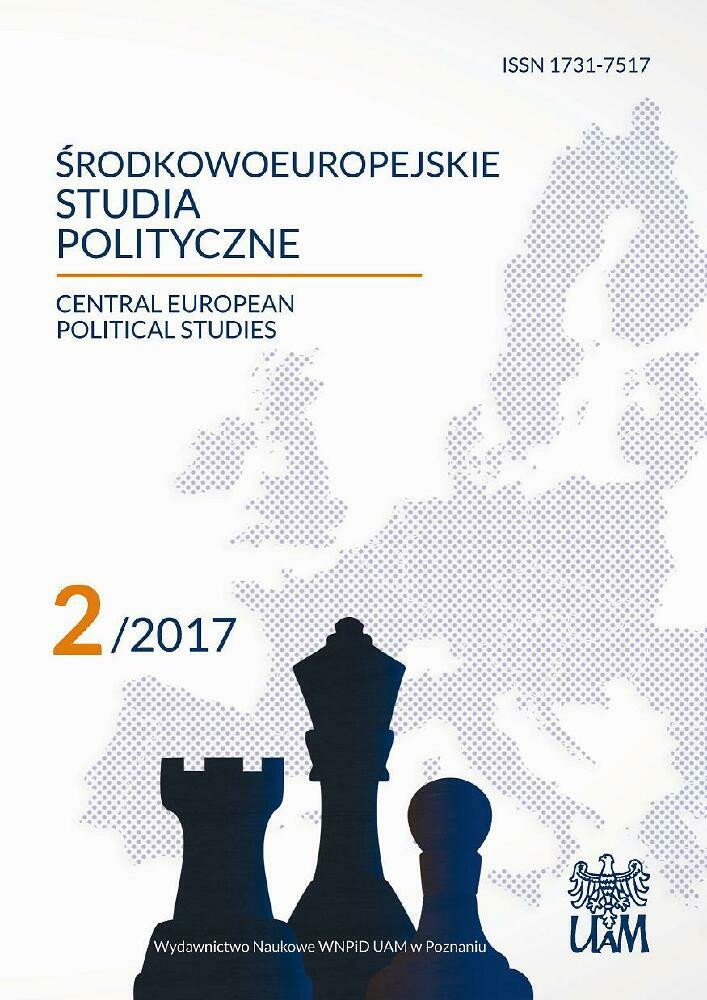Abstract
The paper presents the results of a research project “Global study of the politicization of social networks.” According to the author, undermining the citizens’ trust in democratic institutions such as the parliament and political parties in various states leads not only to visible consequences – political absenteeism and social escapism, but also provokes a deeper process of the rapid politicization of Internet social networks. A content analysis of political discourse has been selected as the academic metho dology. The project has shown that in countries of various regions – from Europe to Latin America – there are pro-government, opposition, and moderately radical network communities. It is concluded that the politicization of modern networks is more conducive to the archaization and radicalization of social relations than strengthening the legitimacy of democratic regimes and constructive dialogue with the government of society. The most politicized social networks are Facebook and Twitter.References
Анкерсмит Ф. (2012), Политическая репрезентация, ВШЭ, М., с. 227–235.
Большова Н. Н. (2016), «Пегида» как пример массовых протестных движений, возникших в Европе под влиянием миграционного кризиса, „Полис. Политические исследования”, № 3, с. 123–137.
Горовиц Д. Л. (2016), Распределение власти в полиэтничных обществах: три большие проблемы, „Политическая наука”, № 1, с. 210–223.
Макаренко В. П. (1988), Вера, власть и бюрократия (критика социологии М. Вебера), Издательство Ростовского университета, Ростов-на-Дону, 305 с.
Новгородцев П. И. (1995), Сочинения, Раритет (Библиотека духовного возрождения), М., с. 448.
Одайник В. (2010), Психология политики: Политические и социальные идеи Карла Густава Юнга, Азбука-классика, СПб., с. 59–73.
Тихонова С. В. (2016), Социальные сети: проблемы социализации Интернета, „Полис. Политические исследования”, № 3, с. 138–152.
Федорченко С. Н. (2016), Глобальное исследование политизации социальных сетей, „Научно-аналитический журнал Обозреватель-Observer”, № 8 (319), с. 57–67.
Федорченко С. Н., Лымарь Е. М., Федорченко Л. В. (2016), Итоги глобального исследования политизации социальных сетей, „Стратегическая стабильность”, № 4 (77), с. 69–73.
Cassirer E. (2014), The Myth of the State, Book Crafters, Middletown, p. 283 230.
Freeman L. C. (1979), Centrality in Social Networks’ Conceptual Clarification „Social Networks”, № 1, p. 215–239.
Guenno J. M. (1993), La Fin de democratie, Flammarion, Paris, 180 p.
Kang Ch., Molinaro C., Kraus S., Shavitt Y., Subrahmanian V. S. (2012), Diffusion Centrality in Social Networks, „IEEE/ACM International Conference on Advances in Social Networks Analysis and Mining”, Washington–Tokyo, p. 557–564.
Mikołajczyk A. (2007), Legitymizacja prawa, w: Leksykon współczesnej teorii i filozofii prawa, red. J. Zajadło, Warszawa, s. 169–170.
Przeworski A., Limongi F. (1993), Political Regimes and Economic Growth, „The Journal of Economic Perspectives”, vol. 7, № 3, p. 58.
Weber M. (2002), Wirtschaft und Gesellschaft, Mohr Siebeck, Tübingen, 945 s.

